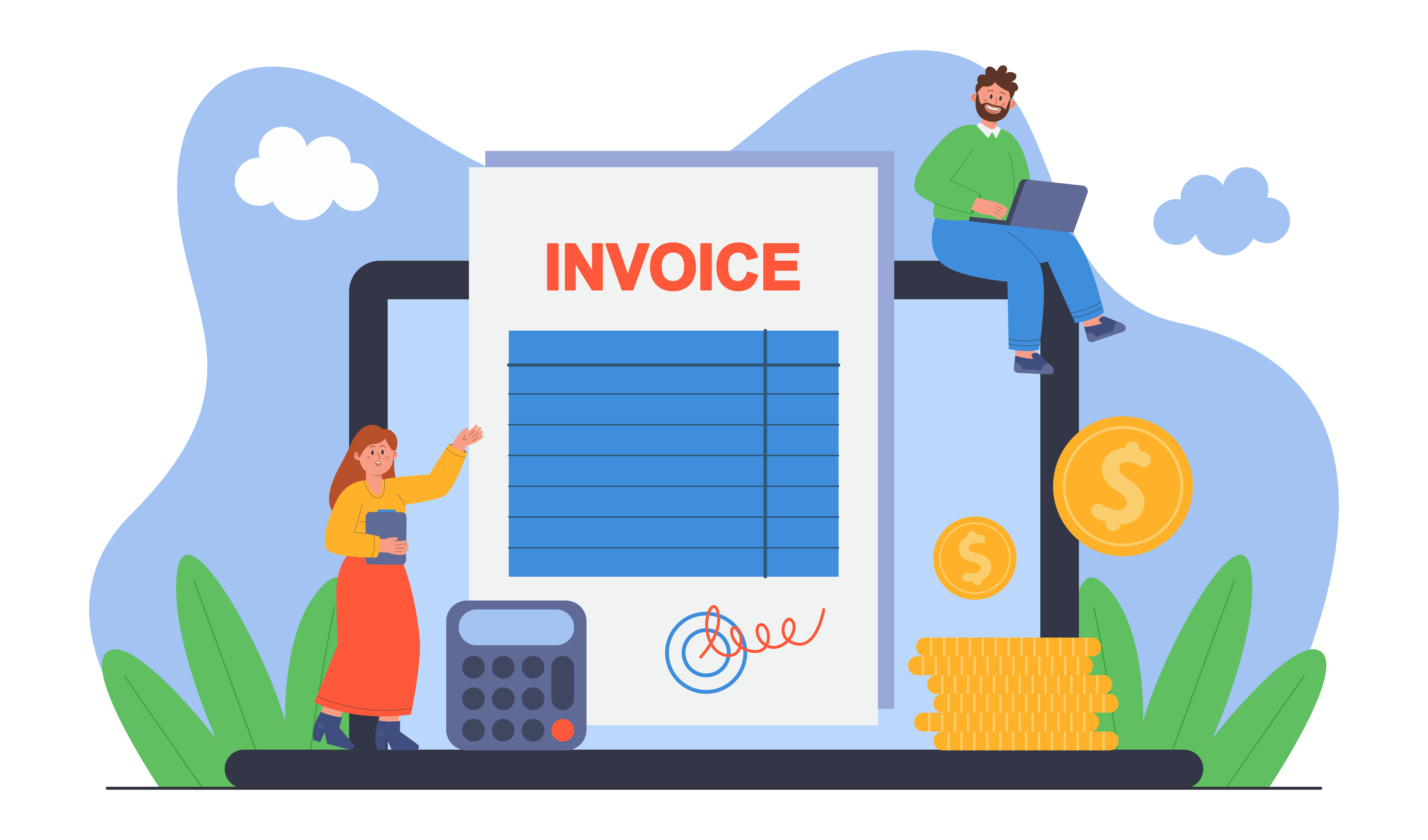Welcome, brave entrepreneur, to the wild and wacky world of income statements! If you thought accounting was all about boring numbers and stuffy suits, think again. We’re here to inject some much-needed humor into this essential business topic. So, buckle up, grab your calculator, and let’s dive into the exciting realm of income statements!
Now, you might be asking, “What on earth is an income statement?” Well, dear reader, it’s a financial statement that shows how much money your business has made (or lost) over a specific period. Think of it as your business’s report card, but instead of grades, you’re dealing with dollars and cents. Exciting, right?
The Components of an Income Statement
Like a well-crafted joke, an income statement has several parts that come together to deliver the punchline. In this case, the punchline is your net income. But before we get there, we need to understand the setup. Let’s break down the components of an income statement.
First up, we have revenues. This is the money you make from selling your products or services. It’s like the applause you get after delivering a killer joke. The louder the applause (or the higher the revenue), the better!
Revenue
Revenue, also known as sales, is the total amount of money generated by the sale of goods or services related to the company’s primary operations. It’s like the laughs you get from your audience when you’re doing stand-up comedy. The more laughs (or revenue), the better your performance (or business) is doing.
Revenue is recorded at the top of the income statement. It’s the first thing you see, much like the comedian’s opening joke. It sets the tone for the rest of the statement. If your revenue is high, you’re off to a good start. If it’s low, well, you might need to work on your material (or business strategy).
Cost of Goods Sold (COGS)
Next up is the Cost of Goods Sold, or COGS for short. This is the cost to produce the goods or services that a company sells. It’s like the sweat and tears that go into crafting a perfect joke. You have to spend money (or effort) to make money (or laughs).
COGS is subtracted from revenue to determine gross profit. It’s a crucial part of the income statement because it directly impacts your profitability. If your COGS is high, your gross profit will be low. It’s like if you spend all your time writing jokes and don’t leave any time for performing. You won’t get many laughs (or profits).
Gross Profit
Once you subtract COGS from revenue, you get your gross profit. This is the profit a company makes after deducting the costs associated with making and selling its products, or providing its services. Think of it as the satisfaction you get after delivering a well-received joke. It’s the reward for your hard work.
Gross profit is an important indicator of your business’s efficiency. A high gross profit means you’re effectively managing your costs and generating a good return on your sales. It’s like getting a standing ovation after your comedy routine. It shows you’re doing something right.
Operating Expenses
Operating expenses are the costs associated with running your business. These can include rent, utilities, salaries, and marketing costs. It’s like the cost of renting a venue, buying a microphone, and advertising your comedy show. These are necessary expenses to keep your business (or comedy career) running.
Operating expenses are subtracted from gross profit to determine operating profit. If your operating expenses are high, it could mean you’re not managing your resources effectively. It’s like spending all your money on fancy stage props and not having enough left for a decent microphone. You need to balance your costs to maximize your profit (or laughs).
Operating Profit
Operating profit, also known as operating income, is the profit from a firm’s core business operations, excluding deductions of interest and tax. It’s like the laughs you get from your core jokes, not the ones you borrowed from your comedian friend. It’s a measure of your business’s (or comedy routine’s) effectiveness.
A high operating profit means your business is running efficiently. It shows that you’re generating enough revenue to cover your operating expenses and still make a profit. It’s like getting consistent laughs throughout your comedy routine. It shows that your material (or business strategy) is working.
Non-Operating Income and Expenses
Non-operating income and expenses are the revenues and costs not related to a company’s core business operations. These can include gains or losses from investments, interest expense, and extraordinary items. It’s like the laughs (or groans) you get from those off-the-cuff jokes you throw in between your main material.
Non-operating items are usually listed separately on the income statement because they don’t reflect the company’s main business activities. It’s like how a comedian doesn’t include the audience’s reaction to their impromptu jokes when judging the success of their routine. They’re not part of the main act (or business operations).
Net Income
Finally, we arrive at the punchline: net income. This is the total profit (or loss) a business has made after all expenses, including taxes and interest, have been deducted. It’s like the final applause (or silence) you get at the end of your comedy routine. It’s the ultimate measure of your performance (or business success).

A high net income means your business is profitable. It shows that you’re not only covering your costs but also making money. It’s like getting a standing ovation and an encore request at the end of your comedy show. It’s the ultimate sign of success.
Conclusion
And there you have it, folks! That’s the income statement in a nutshell (or a comedy routine). It might seem complicated at first, but once you understand the parts, it all comes together like a well-crafted joke. So, keep practicing, keep analyzing, and soon you’ll be the CPA (Comedy Performance Analyst) of your small business!
Remember, in business as in comedy, timing is everything. The more you understand your income statement, the better you can plan your business strategy (or comedy routine). So, don’t be afraid to dive into those numbers and make them work for you. After all, the best joke is a profitable business!


